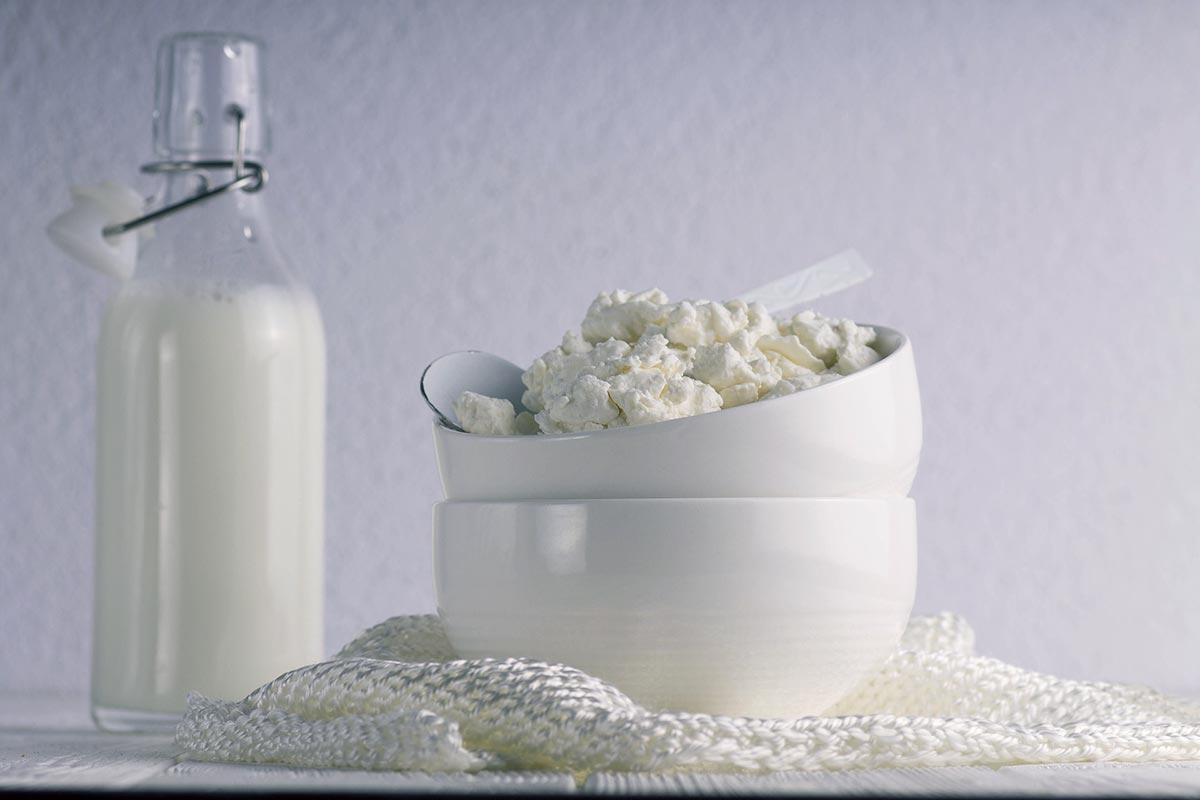If you think creatine is just for bulked-up gym bros slamming protein shakes, think again. This powerhouse supplement has quietly become one of the most effective, safest, and most misunderstood tools for women’s health—whether you’re training for a triathlon or just trying to stay sharp and strong into your 50s, 60s, and beyond.
It’s Not About Muscles—It’s About Mitochondria and More
Women naturally have about 70 to 80 percent lower creatine stores than men. That means their bodies are working with a chronic deficit in an energy system that fuels everything from brain function to hormonal balance. Creatine isn’t just about building muscle mass—it’s about supporting cellular energy. ATP, your cell’s energy currency, relies on phosphocreatine. More creatine means more rapid energy regeneration, not just in muscles but also in neurons, as discussed by Wallimann et al. in the journal Amino Acids (2011).
Creatine and Cognition: Brain Gains Are Real
Emerging research suggests that creatine supplementation can enhance cognitive performance, particularly in women. Rae et al. (Proceedings of the Royal Society B, 2003) demonstrated that creatine improved working memory and intelligence test scores in healthy adults. Later, McMorris et al. (Psychopharmacology, 2007) confirmed that mental fatigue is reduced by creatine supplementation. These findings have strong implications for women balancing work, family, and aging-related cognitive changes.
Mood Support That Rivals Antidepressants
Several studies have found that creatine may improve symptoms of depression—especially in women. A notable clinical trial by Roitman et al. (Journal of Clinical Psychopharmacology, 2007) showed significant improvements in patients with major depressive disorder when creatine was used as an adjunct to SSRIs. Additionally, a study by Kondo et al. (Pharmacopsychiatry, 2011) found that creatine enhanced antidepressant response in women specifically. These results suggest a promising role for creatine in neuropsychiatric support.
Bone Density, Muscle Maintenance, and Aging Gracefully
After menopause, women face a sharp decline in estrogen, leading to losses in bone density and lean muscle. Chilibeck et al. (Journal of Nutrition, Health & Aging, 2015) reviewed multiple trials and concluded that creatine supplementation combined with resistance training increased bone mineral density and muscle mass in postmenopausal women. Even without intense training, creatine helps mitigate sarcopenia and osteopenia—two key aging concerns.
It Works Even If You Don’t Work Out
One of the biggest myths is that creatine only works if you're lifting weights. Gualano et al. (Aging and Disease, 2016) highlighted benefits in elderly women who were not engaged in structured exercise, showing improved muscle function and quality of life. That means creatine’s energy-enhancing effects go far beyond the gym.
Dosing, Safety, and the Female Body
A daily dose of 3–5 grams of creatine monohydrate is typically recommended. Safety has been repeatedly confirmed, including in long-term studies like that of Kreider et al. (Journal of the International Society of Sports Nutrition, 2017), which found no harmful effects even after months of continuous use. Importantly, it won’t “make you bulky.” It may, however, help you carry more groceries without pain, recover faster from fatigue, and stay mentally resilient.
Creatine Benefits by Life Stage
| Life Stage | Key Benefits of Daily Creatine | Relevant Studies |
|---|---|---|
| Young Adults | Enhanced cognitive performance, increased muscle energy, improved mood under stress | Rae et al., 2003; McMorris et al., 2007 |
| Pregnancy & Postpartum | Potential support for energy metabolism, mood balance, and recovery (research ongoing) | Rawson & Venezia, 2011 |
| Perimenopause | Mood stability, reduced fatigue, protection against muscle loss | Kondo et al., 2011 |
| Postmenopause | Improved bone density, preserved lean mass, cognitive resilience | Chilibeck et al., 2015; Gualano et al., 2016 |
| Older Age (65+) | Maintenance of strength, better quality of life, reduced frailty | Kreider et al., 2017 |
Creatine Is the Supplement Women Didn’t Know They Needed
Daily creatine isn’t about bodybuilding—it’s about biology. It supports mitochondrial energy production, mood stability, brain performance, bone strength, and healthy aging. Whether you're active or not, your body still burns ATP. Creatine helps you do it better. For women looking for a scientifically backed supplement with broad health effects, creatine deserves a permanent spot in the cabinet.
Sources:
Wallimann T, Tokarska-Schlattner M, Schlattner U.
The creatine kinase system and pleiotropic effects of creatine. Amino Acids. 2011;40(5):1271–1296.
Rae C, Digney AL, McEwan SR, Bates TC.
Oral creatine monohydrate supplementation improves brain performance: a double–blind, placebo–controlled, cross–over trial. Proc Biol Sci. 2003;270(1529):2147–2150.
McMorris T, Mielcarz G, Harris RC, Swain JP, Howard A.
Creatine supplementation and cognitive performance in elderly individuals. Psychopharmacology (Berl). 2007;195(3):397–401.
Roitman S, Green T, Osher Y, Karni N, Levine J.
Creatine monohydrate in resistant depression: a preliminary study. J Clin Psychopharmacol. 2007;27(6):682–684.
Kondo DG, Sung YH, Hellem TL, Fiedler KK, Shi X, Jeong EK, Renshaw PF.
Open-label adjunctive creatine for female adolescents with SSRI-resistant major depressive disorder: a 31-phosphorus magnetic resonance spectroscopy study. Pharmacopsychiatry. 2011;44(2):64–71.
Chilibeck PD, Kaviani M, Candow DG, Zello GA.
Effect of creatine supplementation during resistance training on lean tissue mass and muscular strength in older adults: a meta-analysis J Nutr Health Aging. 2015;19(7):547–553.
Gualano B, Rawson ES, Candow DG, Chilibeck PD.
Creatine supplementation in the aging population: effects on skeletal muscle, bone and brain. Aging Dis. 2016;7(3):246–256.
Kreider RB, Kalman DS, Antonio J, Ziegenfuss TN, Wildman R, Collins R, Candow DG, Kleiner SM, Almada AL, Lopez HL.
International Society of Sports Nutrition position stand: safety and efficacy of creatine supplementation in exercise, sport, and medicine J Int Soc Sports Nutr. 2017;14:18.
Jäger R, Purpura M, Shao A, Inoue T, Kreider RB.
Analysis of the efficacy, safety, and regulatory status of novel forms of creatine. J Int Soc Sports Nutr. 2011;8:30.
Rawson ES, Venezia AC.
Use of creatine in the elderly and evidence for effects on cognitive function in young and old. Appl Physiol Nutr Metab. 2011;36(5):555–561.













